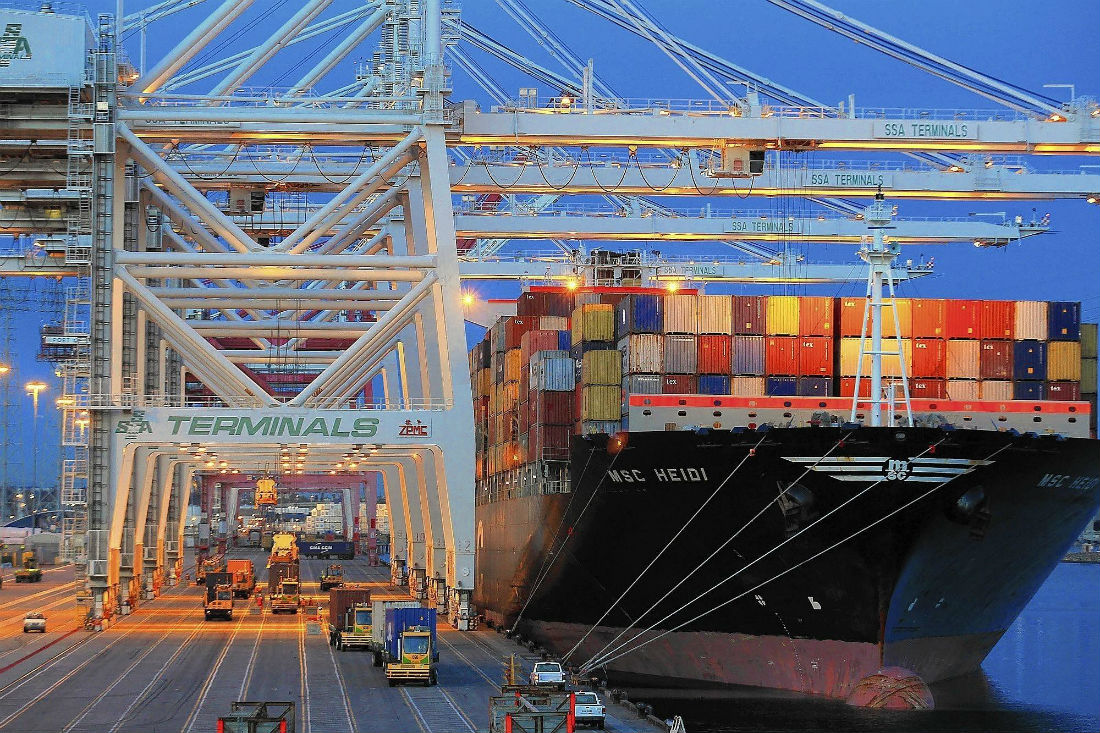Fallout Still Being Felt After Strikes At Port of Los Angeles
West Coast Port Strikes Start to Play Out
Earlier this year we covered a story about delays caused by industrial action at ports on the US West Coast. This week, the Port of Los Angeles has released some troubling statistics that point to the long-term impact of this action.
Despite a significant rise in container volumes for the month of March, cargo volumes at the port have dropped drastically in April.
Expectations of a full recovery were bolstered by strong showings in the month of March, after an agreement was finally reached with West Coast port employees and the longshore workers union. The agreement led to the clearance of a backlog of ships that had been present at the Los Angeles port for months.
March was in fact, the second busiest month in history for the Los Angeles Port facility. However, the huge 11.8 per cent drop in cargo volume recorded in April suggests that the increased activity was merely clearing the backlog and that cargo figures may remain low on an ongoing basis.
Major US ports have long been seen as an indicator of the health of the US retail sector. Normally, when shipping volumes are decreasing the retail sector follows and starts to slow. However, further highlighting the concerns of West Coast ports, is the fact that cargo volumes at Los Angeles are falling at a far greater rate than at other ports across the nation. This suggests that rather than broad sectoral problems, this issue is specific to the port and the industrial action.
It is thought that during the months-long dispute (where work essentially ground to a halt), many firms made alternate arrangements and instead shipped into Mexico, Canada or ports on the US east coast.
It will likely take some time to determine exactly where the chips will fall in this matter. Major importers will be reluctant to walk away from the huge infrastructure and warehousing investments they’ve made near the Port of Los Angeles and will likely return to shipping goods through the port. However, the many small and medium sized firms that established alternate shipping routes to deal with the delays brought on by industrial action may be less inclined to return to the port.
